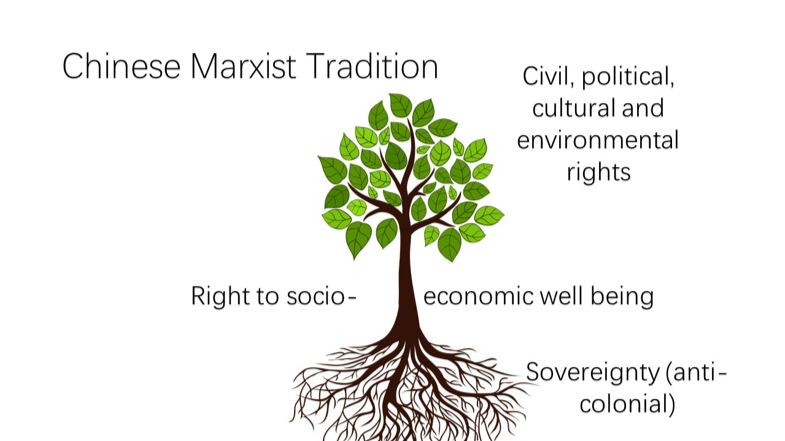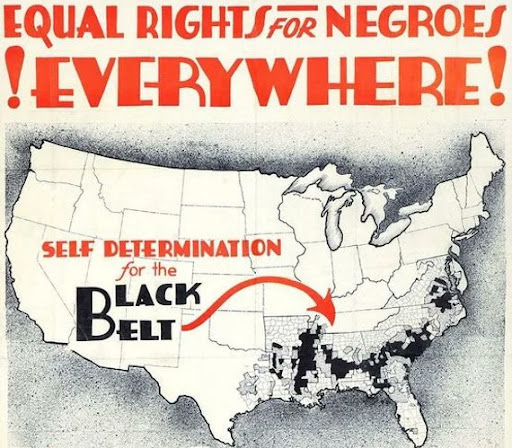

Self-determination is the right of a nation to determine its own future and resist external political or cultural interference. It may consist of autonomy or federalism within a larger state but also includes the right to full secession and independence.[1]
Stalin argued that certain specific instances of self-determination may be progressive or reactionary depending on content:
This does not mean, of course, that the proletariat must support every national movement, everywhere and always, in every individual concrete case. It means that support must be given to such national movements as tend to weaken, to overthrow imperialism, and not to strengthen and preserve it. Cases occur when the national movements in certain oppressed countries came into conflict with the interests of the development of the proletarian movement. In such cases support is, of course, entirely out of the question. The question of the rights of nations is not an isolated, self-sufficient question; it is a part of the general problem of the proletarian revolution, subordinate to the whole, and must be considered from the point of view of the whole. In the forties of the last century Marx supported the national movement of the Poles and Hungarians and was opposed to the national movement of the Czechs and the South Slavs. Why? Because the Czechs and the South Slavs were then "reactionary peoples," "Russian outposts" in Europe, outposts of absolutism; whereas the Poles and the Hungarians were "revolutionary peoples," fighting against absolutism.
— Joseph Stalin, The Foundations of Leninism: The National Question, 1924
References
- ↑ Joseph Stalin (1913). Marxism and the National Question: 'The National Movement'. [MIA]